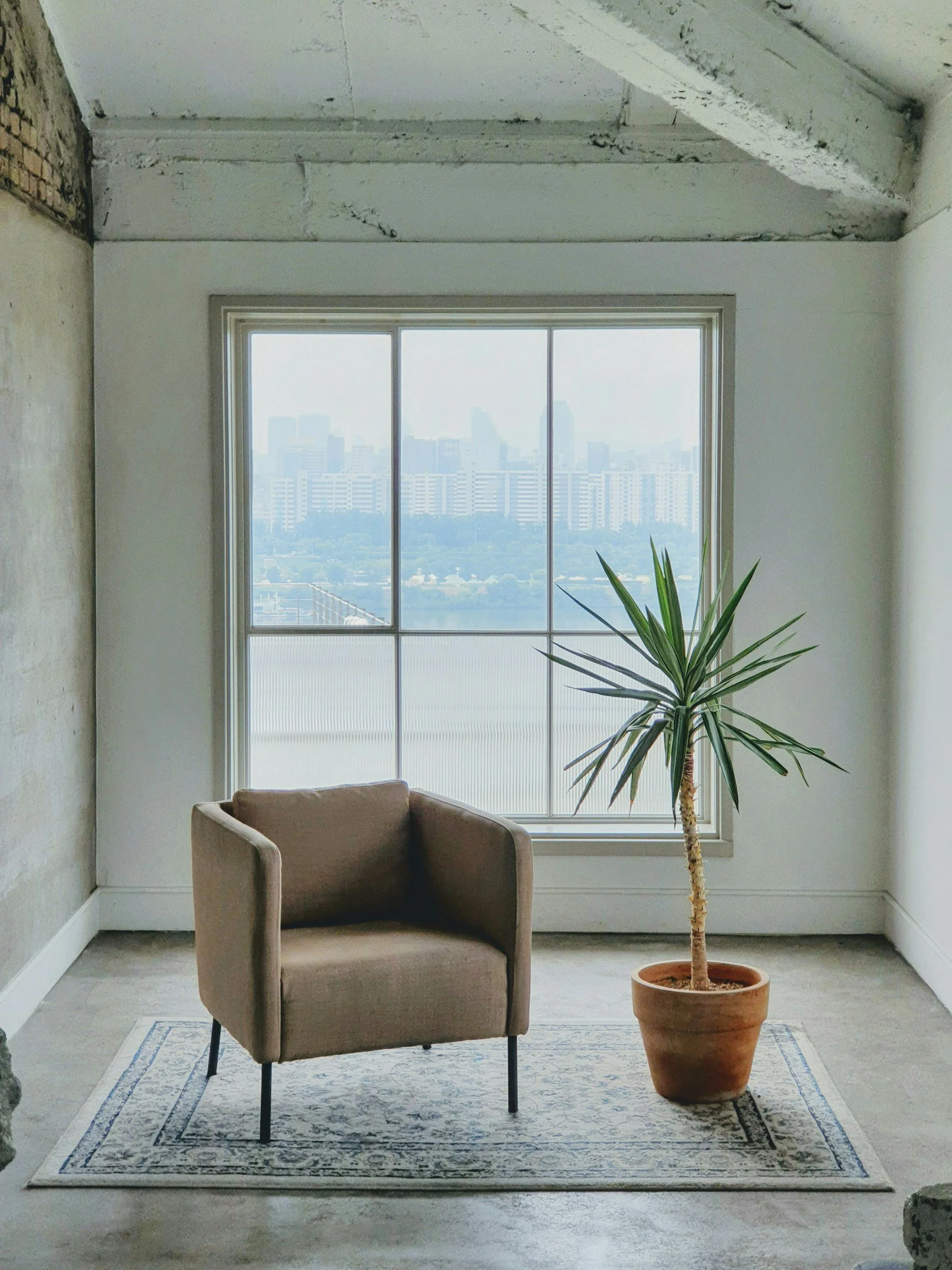
THERAPY FOR
DEPRESSION IN HOUSTON.
Lightening the Load.
Beyond Blue.
Depression is more than just feeling down for a day or two—it’s a deep and persistent experience that can affect how you see yourself and the world around you. In therapy, we focus not only on relieving the heavy symptoms like sadness, fatigue, and hopelessness but also on helping you reconnect with what truly matters in your life—your values, passions, and relationships.
Depression is more common than we often admit, and it’s not a personal failure—it’s a deeply human response to the weight of life. Nearly everyone, at some point, will experience periods of sadness, hopelessness, or emotional exhaustion. These feelings don’t make you weak or broken; they’re often a sign that something in your life needs care, attention, or healing. In a world that constantly demands productivity and positivity, it's easy to feel like you're falling behind if you're struggling. But in truth, many people carry these same invisible burdens—sometimes silently. Feeling depressed doesn’t mean there’s something wrong with you; it means you’re responding in a very human way to the complexity of life.
Our approach is grounded in compassion and respect. We recognize that depression is just one part of your experience—it doesn’t define who you are. Through gentle, supportive guidance, we work together to build resilience, foster self-kindness, and open pathways to renewed meaning and joy. Therapy is a space where you can be seen fully, not just through the lens of your struggles, but as a whole person capable of growth and healing.
Think of treating depression like treating any physical ailment. It requires patience, curiosity, and a willingness to try, even when the depressed part of you tells you there’s no point.
PLEASE NOTE: If you are experiencing severe depression symptoms and need immediate help, please go to your nearest emergency room, call 911 or text HOME to 741741.
imagine if you…
Could understand your mood cycles.
We can’t change what we don’t know. Managing mood cycles is a way to guide your depressed parts with compassion.
Learn to navigate hard moments with routine.
Learning and using tools on a consistent basis prepares us for the darker days.
Reconnect with others and yourself.
By working with the depression, it opens up the opportunity for other parts of you to get some love.
Working With —Not Against — The Depressed Parts
how we can help:
When you're feeling depressed, your brain often tells you to withdraw, stay in bed, avoid people, or stop doing the things you once enjoyed. “Doing the Opposite” is a simple yet powerful exercise that gently challenges those urges by encouraging you to act opposite to what depression is telling you.
It’s not about forcing yourself to be cheerful—it’s about taking small, manageable steps that interrupt the cycle of depression and gently guide your brain toward something different.
DO THE OPPOSITE
Notice what your depression is urging you to do—like isolating, staying still, or avoiding a task. Then, try doing a small action that goes in the opposite direction. If you want to stay in bed, try sitting up or stepping outside for just a few minutes. If you're avoiding a conversation, consider sending a simple text to someone you trust.
faqs
Common questions about therapy for depression
-
If you're feeling persistently sad, numb, hopeless, or exhausted—and it's affecting your daily life, relationships, or sense of self—it may be time to reach out. You don't have to hit rock bottom to benefit from therapy. Sometimes just wanting things to feel different is enough.
-
It’s a common fear, but talking in a safe space can actually lighten the emotional load. Naming what you’re going through helps bring clarity and relief. You’re not “dwelling”—you’re healing.
-
Depression often brings intense feelings like sadness, anger, or emptiness that can feel overwhelming. Therapy helps you discover new ways to cope—whether that’s through breathing exercises, grounding techniques, or learning how to pause before reacting.
These skills aren’t about avoiding emotions but about giving you tools to face them with more strength and calm, so they don’t control your day-to-day life.
Ready to get started?

